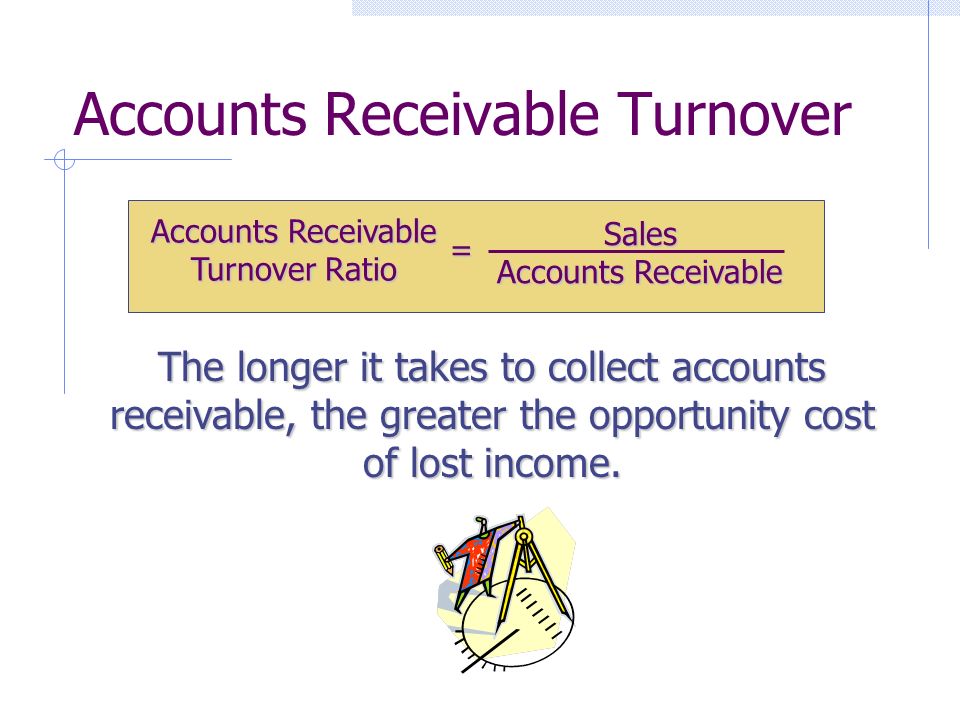
As I noted in a recent column, of the three acts of creating the basket (getting open, making the pass and making the shot), the passer does one. “First, it adjusts for the fact that assists do less good than turnovers do harm by multiplying assists by two-thirds. Here’s Hollinger’s rationale for the formula: PPR is calulated using the formula: Pure Point Rating = 100 x (League Pace / Team Pace) x ( / Minutes).

If Player A just sits in the corner all season and finishes with three assists and one turnover, while Player B directs the offense all year and has 300 assists and 101 turnovers, then according to assist/turnover ratio, we should assume that Player A is “better” at running the offense.” – John Hollinger “Second, it equates very different amounts of productivity. First, it assumes assists and turnovers are equal, when in fact a turnover is more costly than an assist is helpful.” The problem isn’t with “assist” or “turnover,” it’s with the “ratio.” Using a ratio is faulty for two reasons. “What it really means is almost nothing, because assist/turnover ratio is a flawed stat. But guess who had the better assist/turnover ratio last year?”
BASKETBALL TURNOVER DEFINITION SERIES
Probe further, asking if they think Reggie Miller would make a better point guard than Steve Nash, and you’ll quickly get a series of guffaws.

But ask them why they look at assist/turnover ratio, and you’ll get lots of blank stares and convoluted answers. “Coaches and personnel people almost instinctively look to a player’s assist/turnover ratio to check how he’s doing. He created the statistic because of frustration with the inaccurate pictures of a player’s ability which can be drawn from Assist to Turnover ratio a more commonly used measure of a player’s ball-handling ability.



 0 kommentar(er)
0 kommentar(er)
